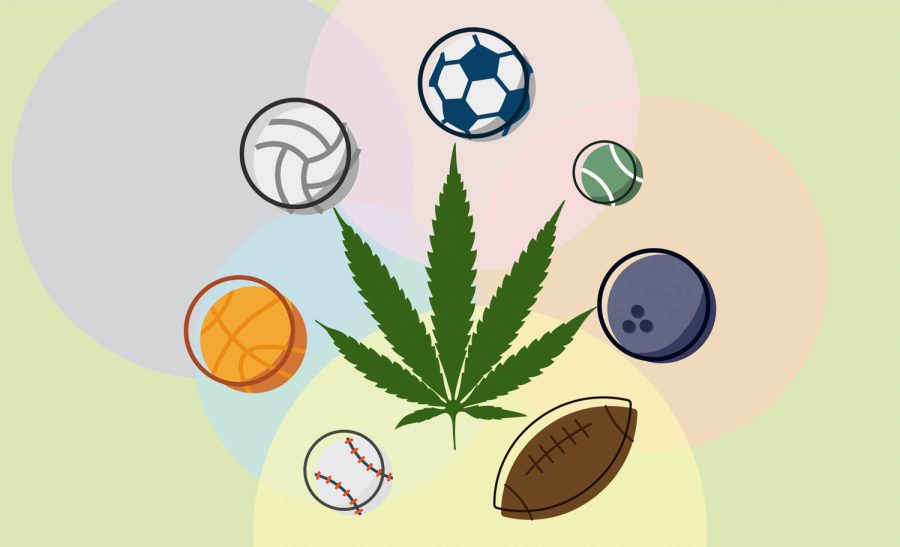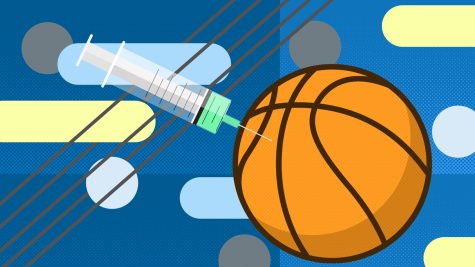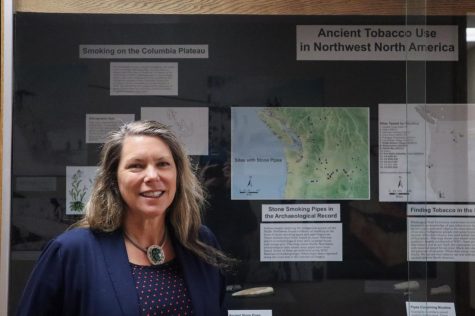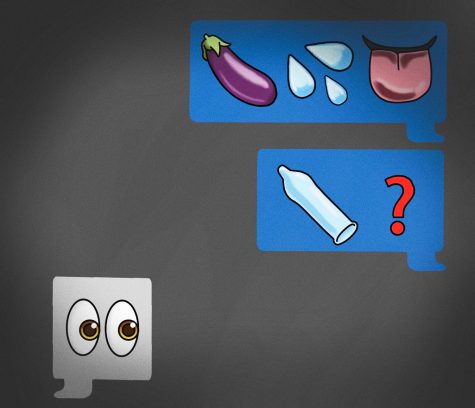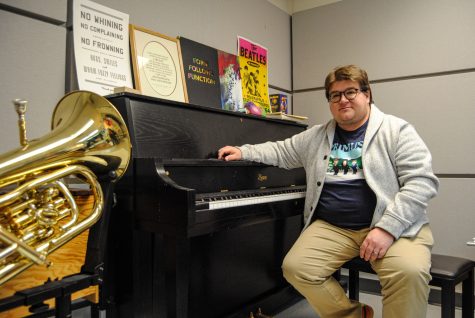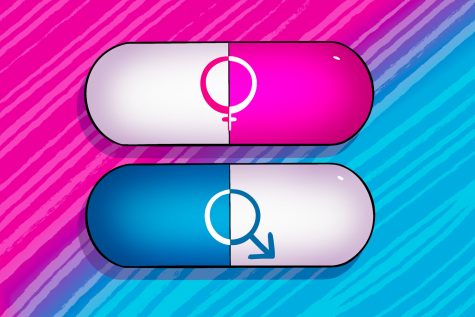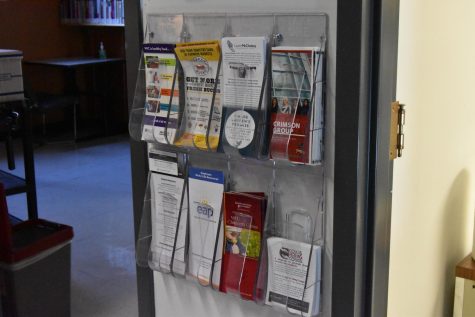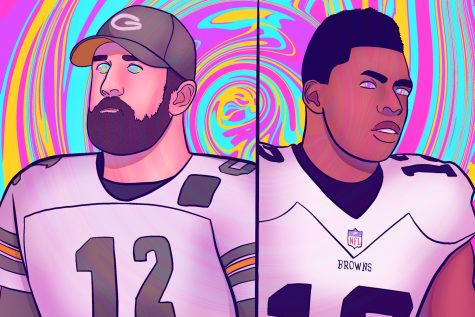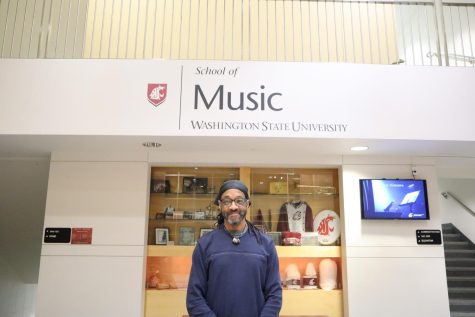Is cannabis really that bad?
Cannabis Activists in Sports
November 18, 2022
Cannabis is still a controversial topic when it comes to its use in sports, however, many athletes advocate for its use.
The topic of cannabis usage has grown in popularity in recent years with athletes falling into scandals from usage and those advocating for its usage.
One of the athletes that fell into controversy is Sha’Carri Richardson. Richardson was put on a one-month suspension after she tested positive for cannabis after the women’s 100 meters at the U.S. track and field trials in Eugene, Oregon. Richardson used cannabis as a way to cope with her mother’s death which she found out about during an interview.
“I had an interview scheduled with my agent, I knew I was having an interview, I knew going into the interview like I was just thinking it was going to be an ordinary interview, and then on the interview to hear that information coming from a complete stranger was definitely triggering, definitely nerve-shocking,” Richardson said in an interview with the TODAY show. “That sent me into a state of mind and a state of emotional panic if anything.”
Because of the suspension, Richardson was not allowed to run in the 2020 Tokyo Olympics.
Many athletes have spoken up on the use of cannabis products throughout their careers. Shawn Kemp, a former NBA player, used cannabis most of his career before the league started testing for cannabis use in 1999. However, with cannabis being legalized in most states, sports leagues are considering changing policies around its use, according to a New York Times article.
Retired NFL star Marshawn Lynch is another person who advocated for the use of cannabis after the end of his career. Lynch owns a cannabis brand called Dodi Blunts.
Lynch wanted to start the business a long time ago but he would have had some complications with his employer, Lynch said in an interview with Forbes magazine.
Lynch is another case of censorship against cannabis in the athletic industry. Players are silenced for doing what they think is right or simply doing what they want but cannot.
UFC Fighter Conor McGregor has openly smoked on his social media accounts and even owns a hemp farm in Oregon. While at the time he was on a break recovering from injury once he posted himself smoking a blunt on social media fans had mixed reviews in his comment section. Scrutiny was not coming from the WWE but from his own fans. Many criticized him, commenting that he was in a bad mental state and wished he would reach out to family. Others clapped back at these fans questioning them why they thought McGregor smoking cannabis indicated he was in a bad mental state and noted he seemed to be doing fine.
Calvin Johnson, NFL Hall of Famer works with a Michigan-based cannabis company that is partnered with Harvard University. The research is to find how cannabis can be used to help with CTE and people with chronic pain.
“It’s crucial to be an advocate in this space and it was hard to do it while we were playing Ball,” Johnson said in an interview with Forbes magazine. “We were advocates then but there are rules and regulations you have to abide by.”
Johnson used cannabis toward the end of his NFL career, however, he had to keep it on the down low for the sake of his football career. When it came to cannabis, Johnson wanted to look at the medical aspects behind it to see what it could do for those with illnesses but was restricted by the rules set on the NFL when it comes to cannabis use and the discussion of it. Simply, the rules are censorship put onto players.
Specifically when looking at how WSU handles cannabis/drug use, players will be disciplined and their fate on their team is up to their coach. Overall, the National College Athletics Association bans the use of cannabinoids which include cannabis.
At WSU, the athletic department establishes a strong educational message for student-athletes that they will be drug-free throughout their career at WSU, according to the Student-Athlete Handbook.
Specifically, if a student-athlete tests positive for substances, there are consequences set in place for them. When they receive the first positive result the student-athlete will be referred to Palouse Recovery Center for assessment.
Then they will be immediately placed in mandatory drug/alcohol counseling and retested until released by Athletics’ administration and the drug testing consulting meeting. A behavioral contract may be administered based on the committee’s recommendation.
The student-athlete will then call their parents/guardian to inform them of the positive drug test and the head coach of the team has the discretion to dismiss an athlete from the team at any point during this process, according to the handbook. This goes for any type of drug banned by the NCAA.

